Oracle is reaping the rewards of OpenAI’s compute power spending spree
Blockbuster infrastructure deals have sent Oracle shares skyrocketing

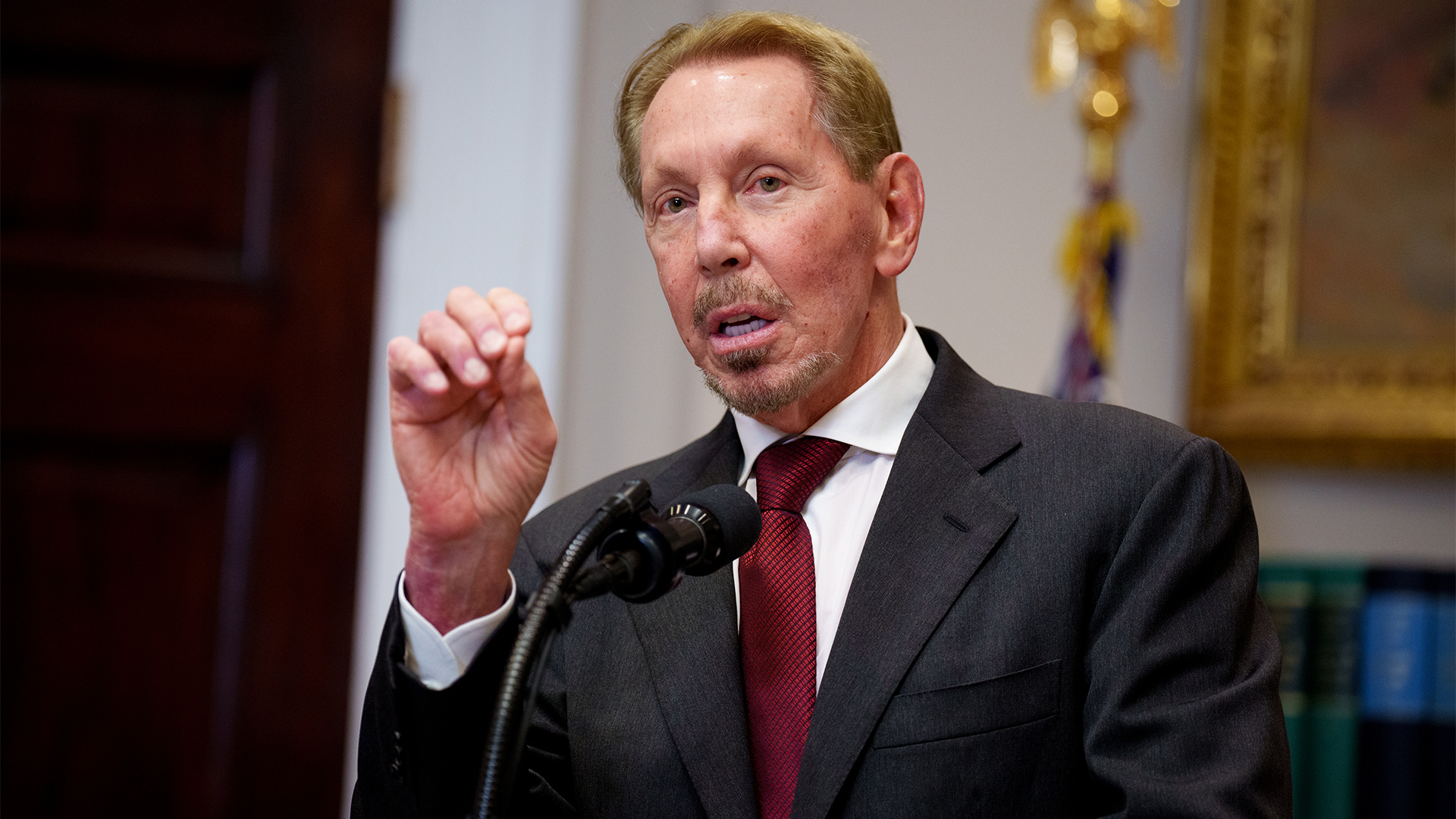
Oracle has secured a $300 billion contract with OpenAI to underpin the company’s surging compute requirements, marking the latest big win for the hyperscaler.
According to reports from the Wall Street Journal, the contract is set to commence in 2027 and will see Oracle expand the underlying infrastructure required to power OpenAI models.
This marks the latest in a string of deals struck by OpenAI to support future expansion as the firm scrambles to match skyrocketing power demands.
Compute power has been frequently identified as a key bottleneck for the company as it ramps up AI development.
Microsoft, OpenAI’s long-term partner and financial backer, has been a key player in supporting the firm through its Azure cloud computing service. But with reports of strained relations between Microsoft and OpenAI gaining traction in recent months, the latter has been looking elsewhere for industry support.
In June 2024, a deal between Oracle, Microsoft, OpenAI was announced to provide the latter with “additional capacity”. At the time, the company said this was to support “inference and other needs”.
Notably, the deal marked a huge shift away from Microsoft, which until that point had been OpenAI's exclusive cloud provider.
Sign up today and you will receive a free copy of our Future Focus 2025 report - the leading guidance on AI, cybersecurity and other IT challenges as per 700+ senior executives
Similarly, earlier this year OpenAI and Oracle agreed to partner on the Stargate Project, a $500 billion initiative aimed at building out AI infrastructure across the United States.
Oracle is capitalizing on AI
Oracle is fast emerging as one of the big winners from the increasingly frantic generative AI race.
In its most recent earnings report, the company revealed it added upwards of £317 billion in future contract revenue, with OpenAI responsible for a huge chunk of this.
Shares surged following the earnings report and Larry Ellison’s personal wealth skyrocketed.
Elsewhere, the company has made significant gains in areas such as multi-cloud, again driven by surging AI demands. Enterprises globally are shifting to a hybrid or multi-cloud approach as a result of the generative AI race, and it’s a trend that Oracle has been keen to capitalize on.
At the Oracle CloudWorld Tour London conference in March this year, the hyperscaler announced an expansion of its multi-cloud relationship with Azure.
This followed confirmation of a similar partnership with AWS at its annual conference in Las Vegas just months prior.
High stakes for OpenAI
OpenAI’s blossoming relationship with Oracle doesn’t come without risk, however.
As sources told the WSJ, this is a deal that “far outstrips” the company’s current revenue, which is reported to stand at around $10 billion.
Under the terms of the agreement, OpenAI will essentially owe Oracle an average of $60 billion a year.
The deal also rests heavily on whether OpenAI’s current growth trajectory continues as it looks to draw more customers across both the enterprise and consumer markets.
Make sure to follow ITPro on Google News to keep tabs on all our latest news, analysis, and reviews.
MORE FROM ITPRO
- OpenAI thought it hit a home run with GPT-5 – users weren't so keen
- Oracle layoffs loom despite strong financial results
- Oracle’s European investment drive continues in Germany and the Netherlands

Ross Kelly is ITPro's News & Analysis Editor, responsible for leading the brand's news output and in-depth reporting on the latest stories from across the business technology landscape. Ross was previously a Staff Writer, during which time he developed a keen interest in cyber security, business leadership, and emerging technologies.
He graduated from Edinburgh Napier University in 2016 with a BA (Hons) in Journalism, and joined ITPro in 2022 after four years working in technology conference research.
For news pitches, you can contact Ross at ross.kelly@futurenet.com, or on Twitter and LinkedIn.
-
 The modern workplace: Standardizing collaboration for the enterprise IT leader
The modern workplace: Standardizing collaboration for the enterprise IT leaderHow Barco ClickShare Hub is redefining the meeting room
-
 Interim CISA chief uploaded sensitive documents to a public version of ChatGPT
Interim CISA chief uploaded sensitive documents to a public version of ChatGPTNews The incident at CISA raises yet more concerns about the rise of ‘shadow AI’ and data protection risks
-
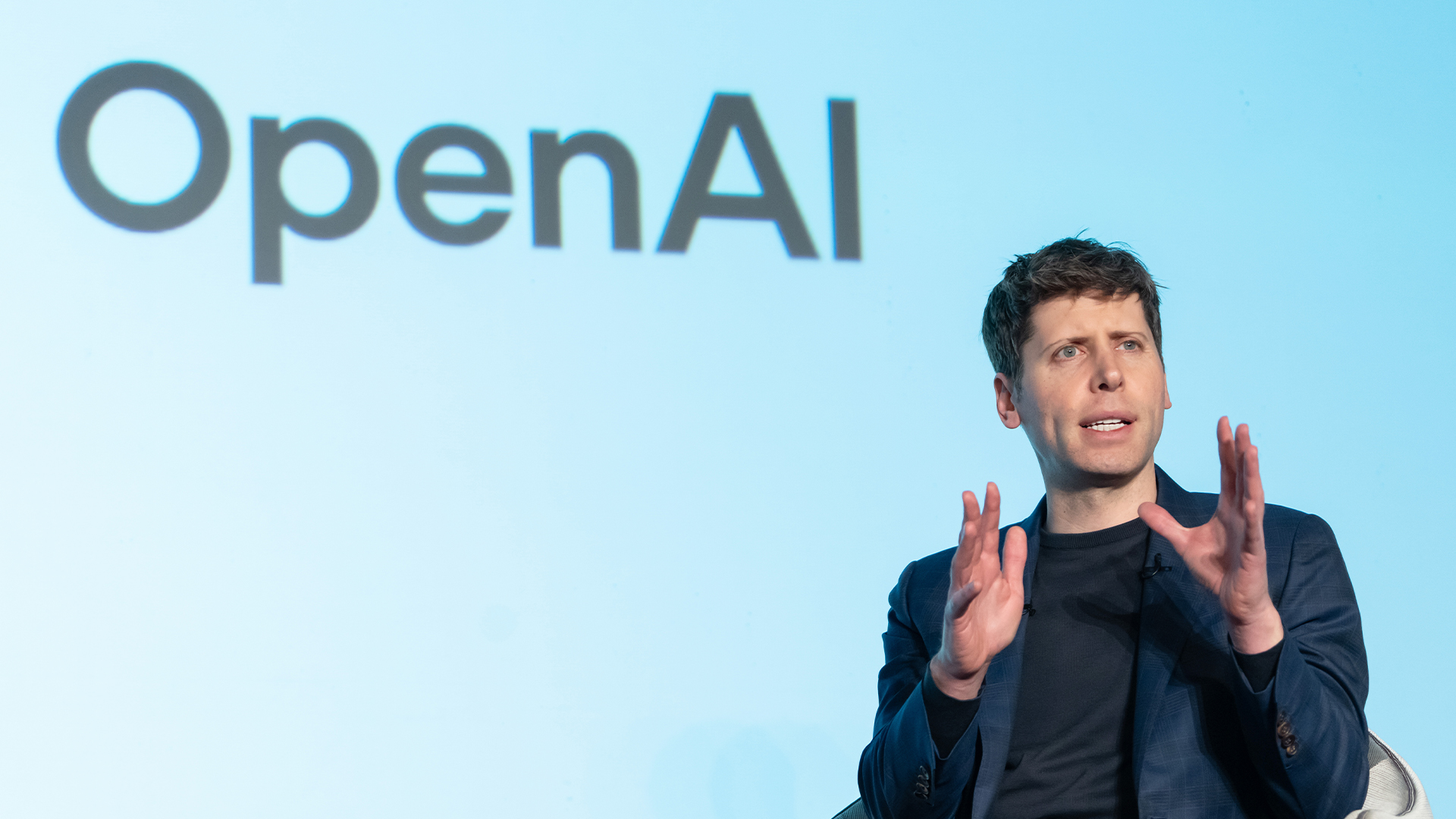 OpenAI just signed a bumper $38bn cloud contract with AWS – is it finally preparing to cast aside Microsoft?
OpenAI just signed a bumper $38bn cloud contract with AWS – is it finally preparing to cast aside Microsoft?News The move by OpenAI doesn’t signal an end to its long-running ties with Microsoft
-
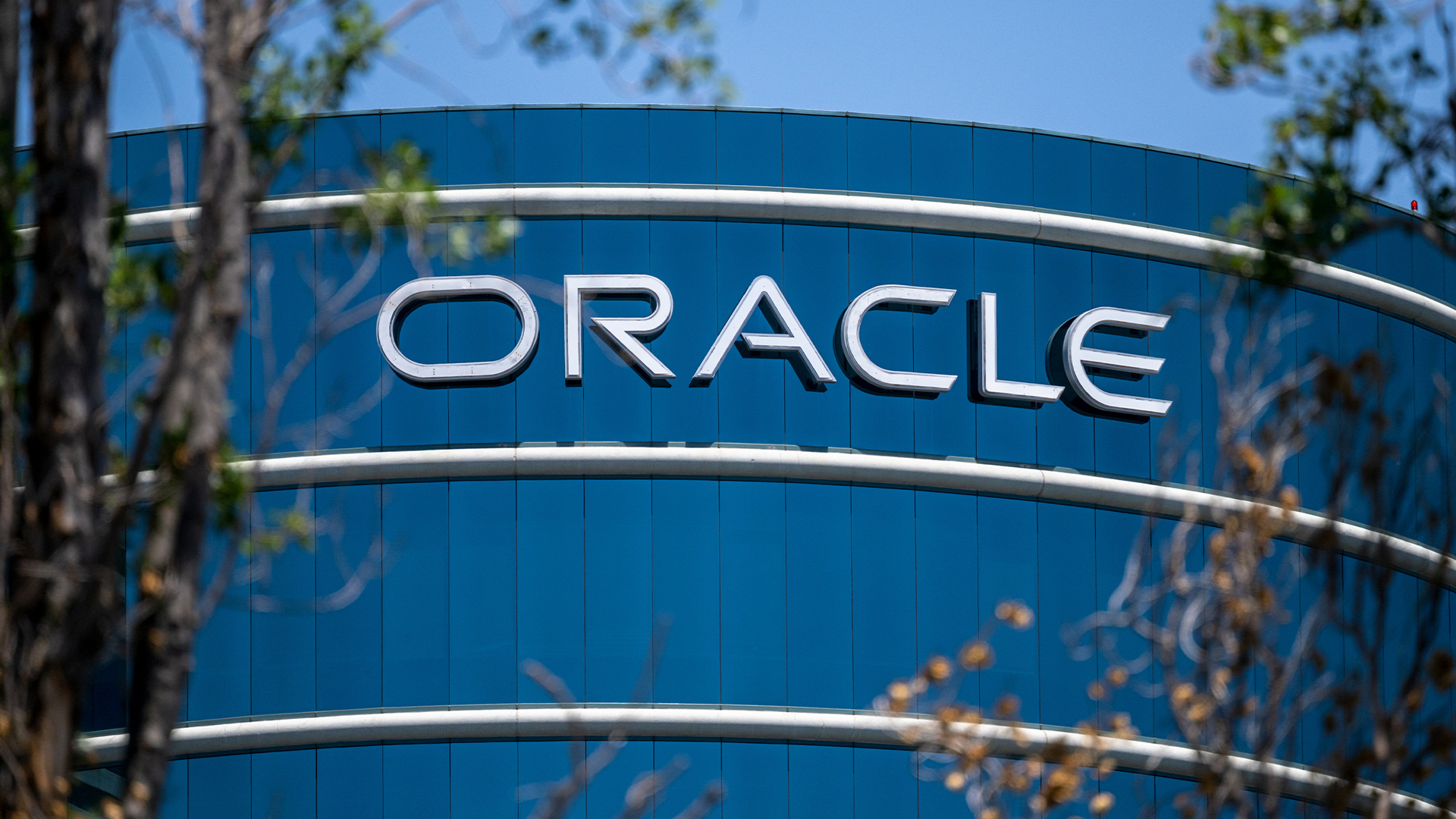 Oracle’s new marketplace is a one-stop shop for enterprise AI agents
Oracle’s new marketplace is a one-stop shop for enterprise AI agentsNews The cloud giant is the latest in a string of firms to launch AI marketplaces
-
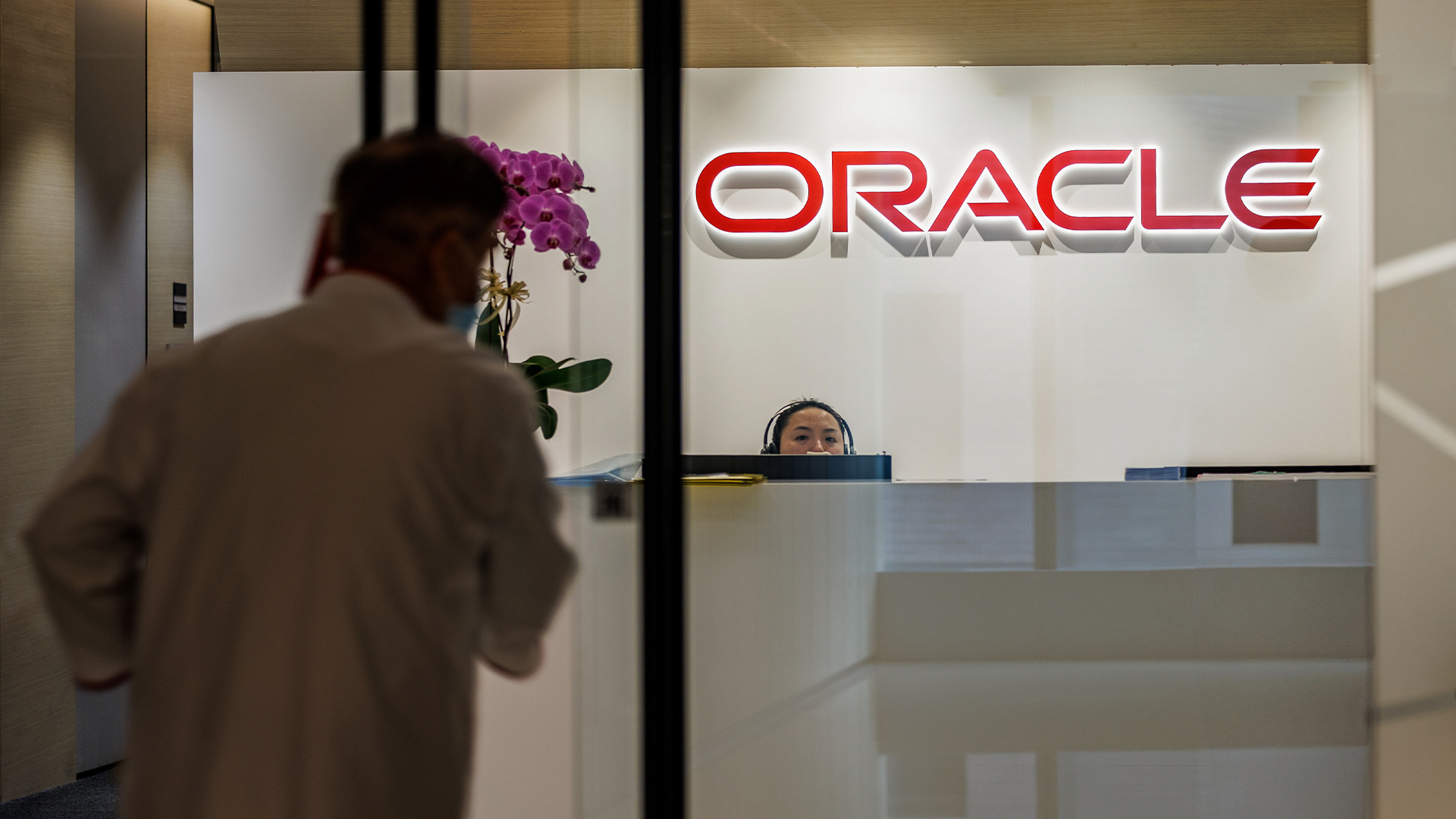 Oracle’s European investment drive continues in Germany and the Netherlands – here’s why it’s a key market for the cloud giant
Oracle’s European investment drive continues in Germany and the Netherlands – here’s why it’s a key market for the cloud giantNews Oracle is once again ramping up investment across Europe, this time targeting multi-billion-dollar deals in the Netherlands and Germany.
-
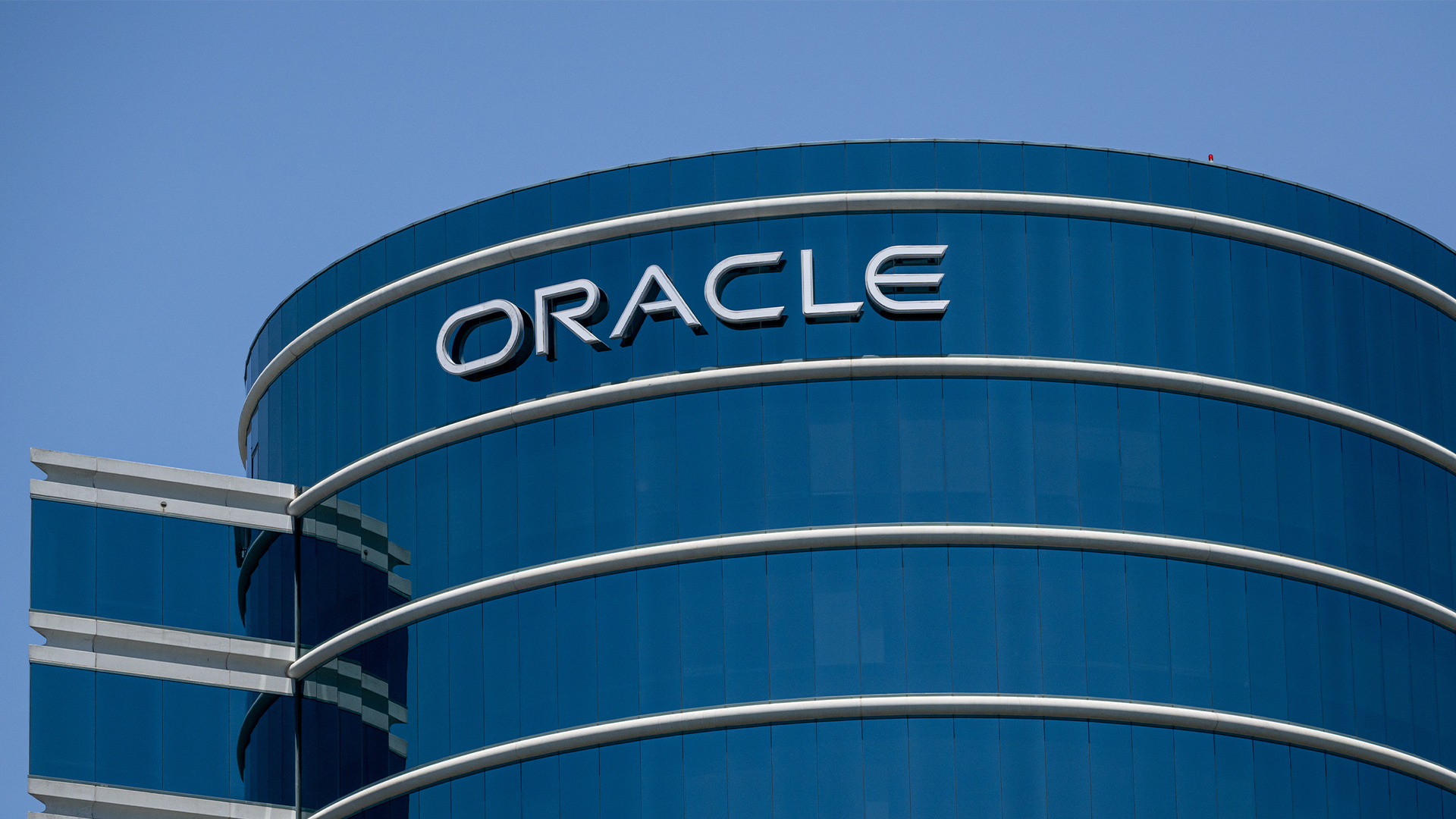 Turns out OpenAI is the customer behind Oracle's mysterious $30 billion cloud deal
Turns out OpenAI is the customer behind Oracle's mysterious $30 billion cloud dealNews OpenAI has emerged as the company behind a $30 billion cloud deal with Oracle following several days of speculation.
-
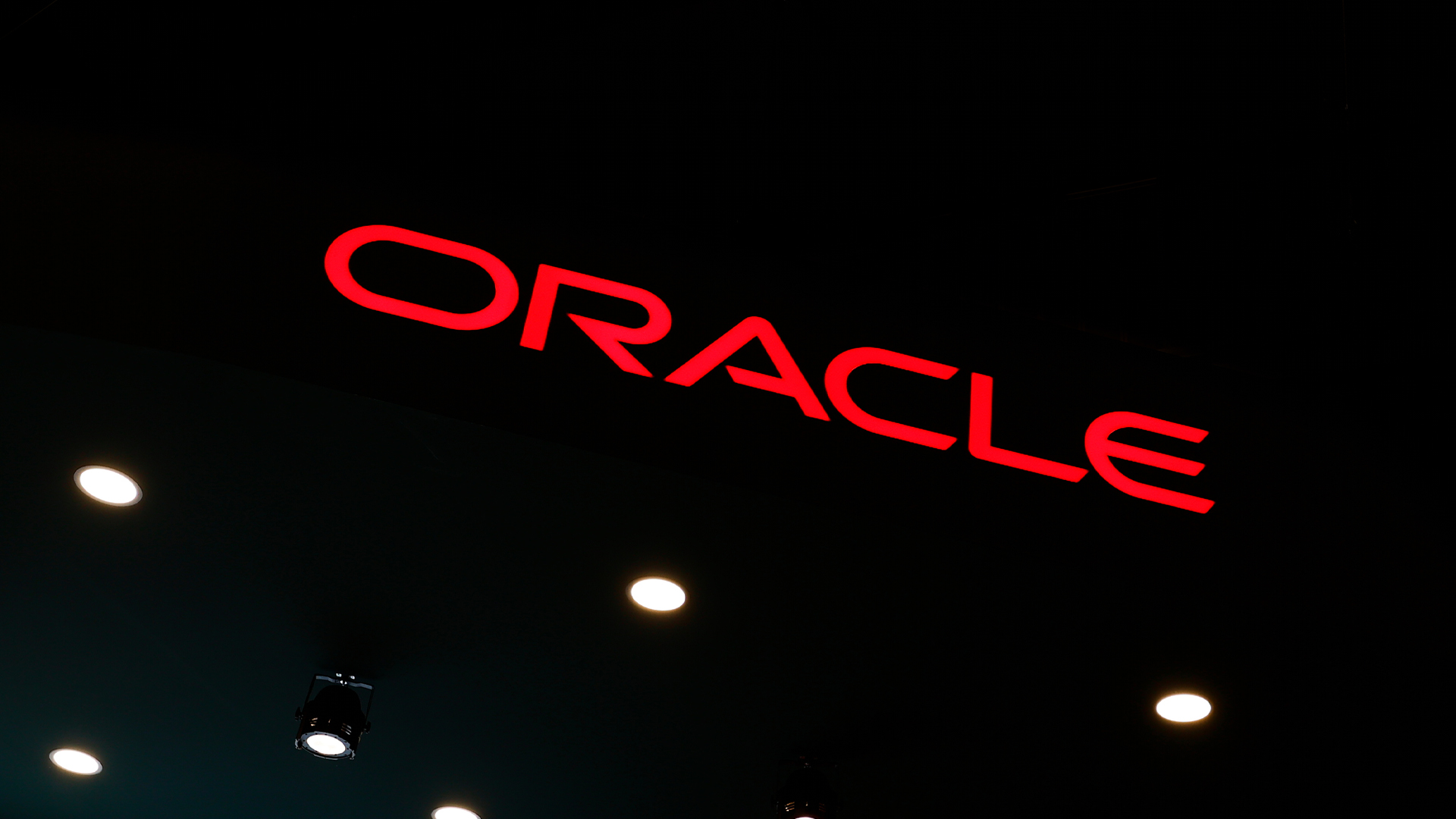 Say goodbye to walled gardens, Oracle is doubling down on multi-cloud
Say goodbye to walled gardens, Oracle is doubling down on multi-cloudNews Oracle is still focused heavily on driving multi-cloud adoption, doubling down on a message that came out of Oracle CloudWorld 2024 in Las Vegas a few months ago.
-
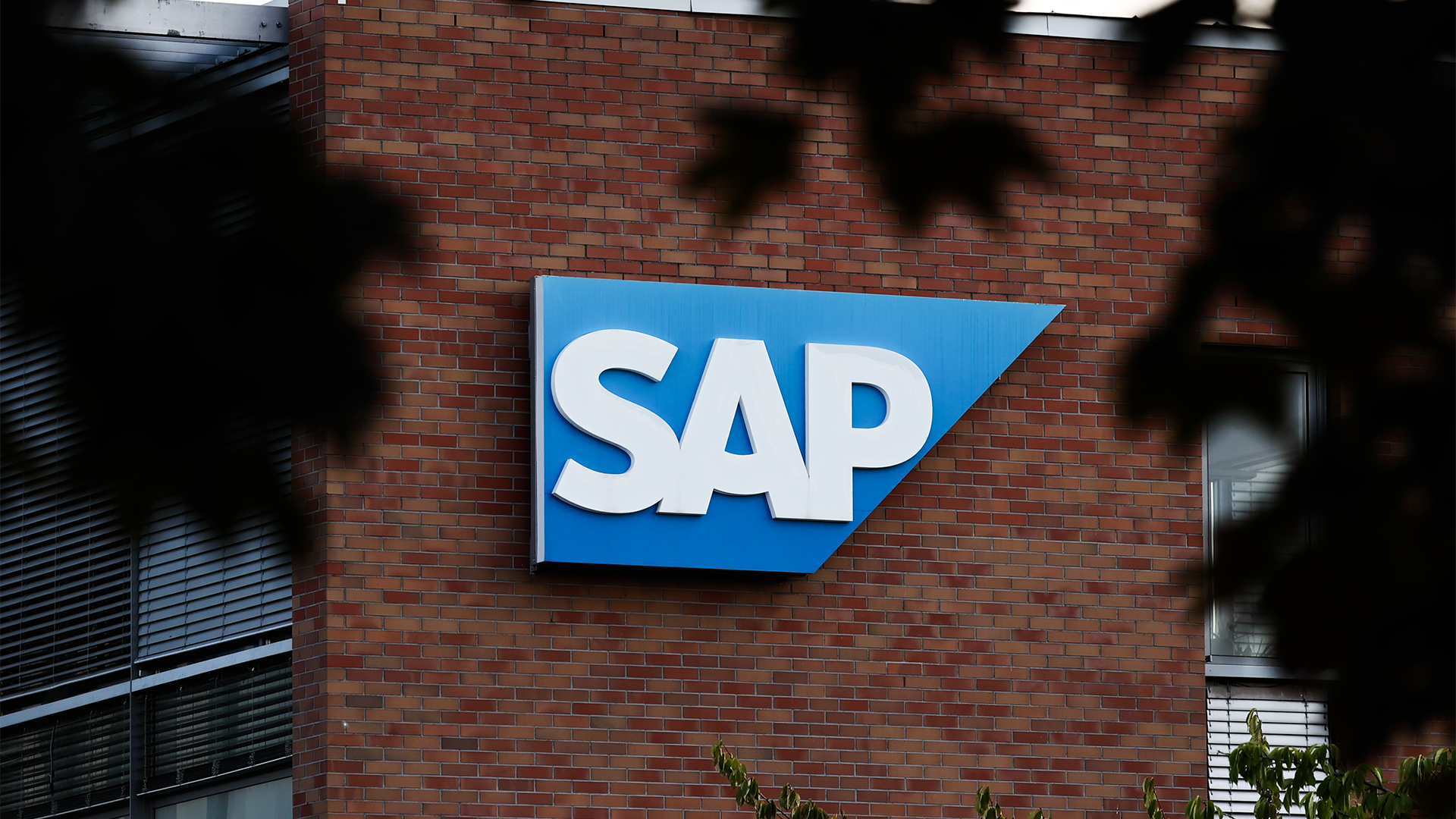 SAP launches sovereign cloud service for UK customers
SAP launches sovereign cloud service for UK customersNews The move makes SAP the latest to roll out a sovereign cloud service for UK customers
-
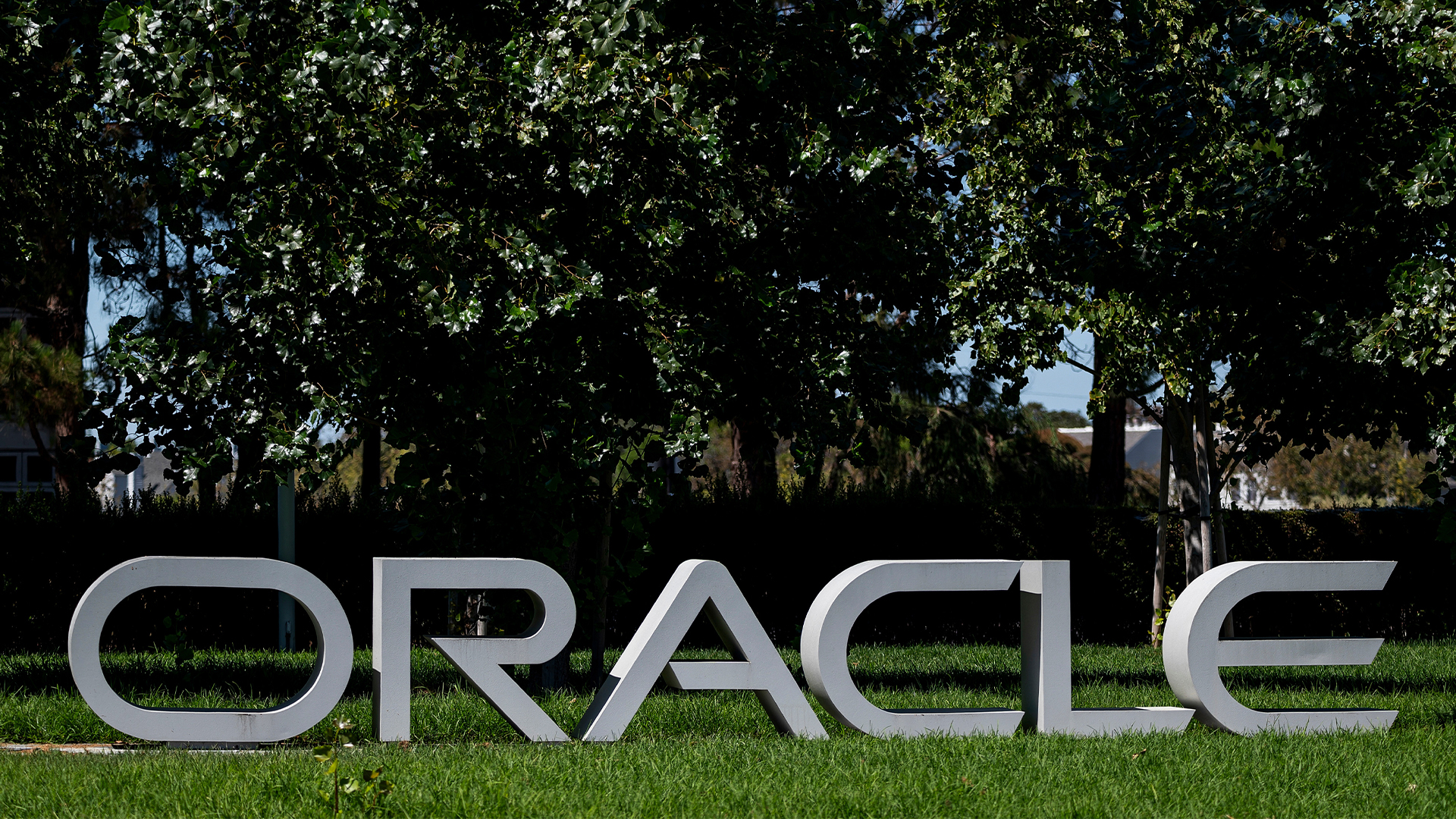 Sovereign cloud demand is “truly global” according to Oracle — and the company is well placed to capitalize on it
Sovereign cloud demand is “truly global” according to Oracle — and the company is well placed to capitalize on itNews Oracle has been at the forefront of sovereign cloud buzz and is keen to offer customers tools to make it happen
-
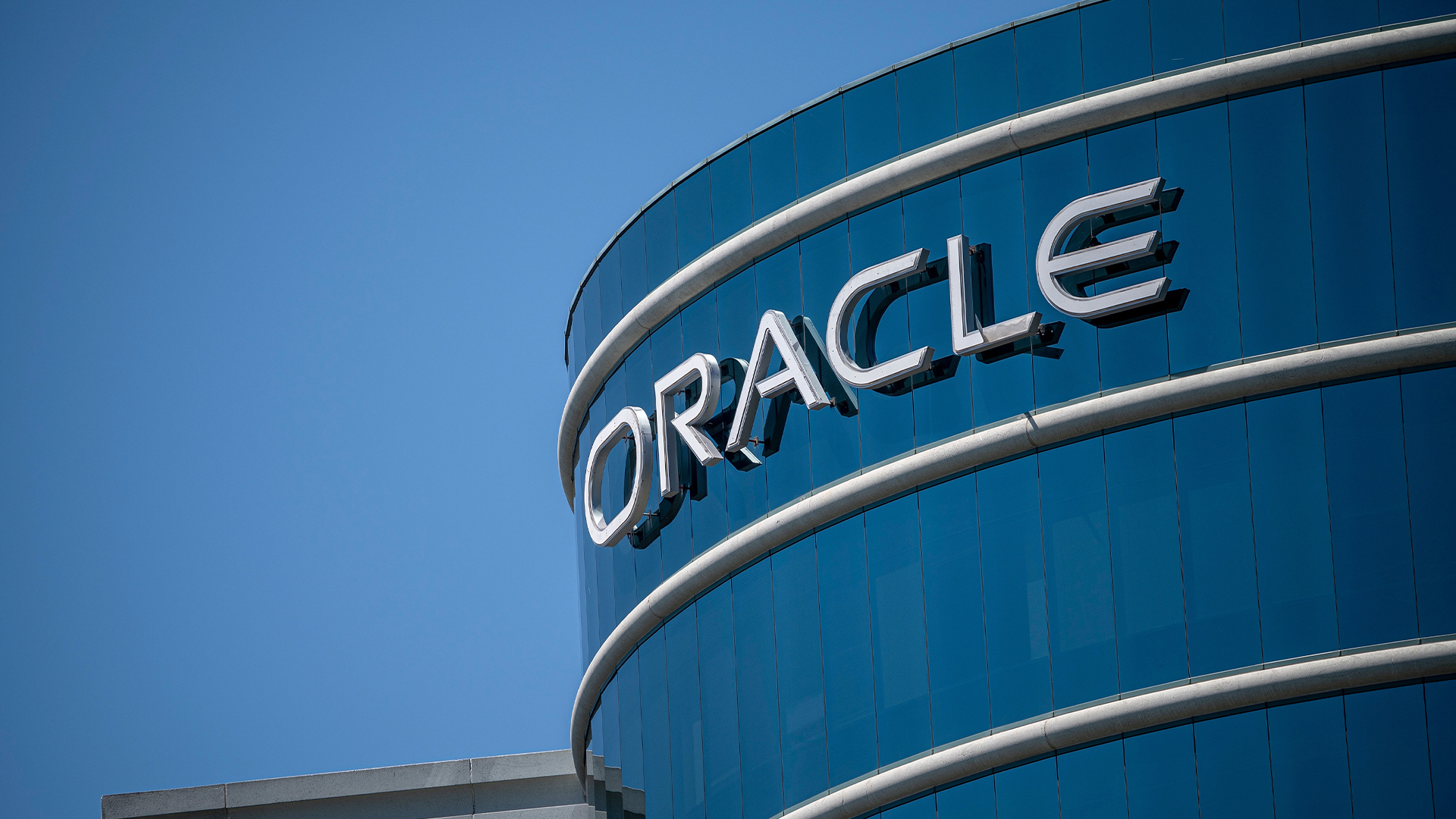 ‘Many of our long-time rivals are now our partners’: Why Oracle is doubling down on multi-cloud
‘Many of our long-time rivals are now our partners’: Why Oracle is doubling down on multi-cloudAnalysis The firm is focusing heavily on integration with other major cloud providers to drive multi-cloud adoption for customers